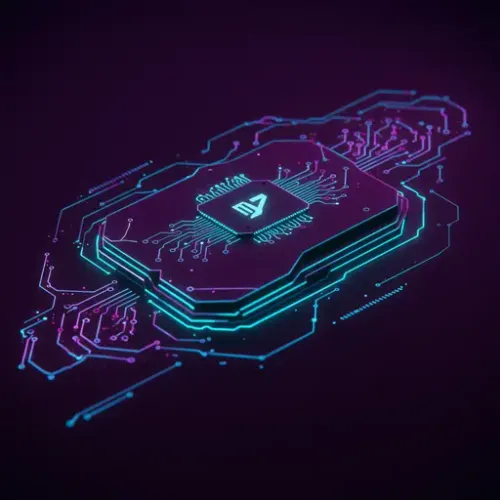New contract for St. Paul educators addresses artificial intelligence

The AI Report
Daily AI, ML, LLM and agents news
As artificial intelligence rapidly reshapes industries, a critical question emerges for education: how do we harness its power without diminishing the irreplaceable human connection at the heart of learning? This isn't a hypothetical future problem; it's a challenge school districts and educators are confronting right now. In a landmark move, the St. Paul Federation of Educators (SPFE) is taking a proactive stance, embedding clear guardrails against AI overreliance directly into their new contract, setting a powerful precedent for educators nationwide.
Protecting the Human Element in Instruction
The core of the St. Paul agreement lies in a memorandum of understanding, unequivocally stating that St. Paul Public Schools will "continue to rely on professional educators, rather than artificial intelligence, to be the primary mode of delivering instruction in our schools." This isn't about rejecting innovation, but about prioritizing human expertise and empathy where it matters most.
Defining AI's Role: Enhancement, Not Replacement
Leah VanDassor, president of the SPFE, articulates the union’s vision clearly: AI can undoubtedly enhance an educator's job, offering new tools and efficiencies. However, it should never be seen as a substitute for the nuanced, individualized guidance only a human teacher can provide. The new contract explicitly prevents AI from replacing educators or being solely used to evaluate or discipline them. These provisions establish essential boundaries, ensuring technology serves teachers, not the other way around.
Why Human Connection Remains Paramount
Education is inherently a human endeavor. Every student brings a unique set of experiences, challenges, and learning styles. A machine, however advanced, cannot replicate the empathy, critical thinking, or adaptive teaching that human educators offer. Teachers understand the subtle cues in a student's expression, the unspoken struggles, and the individual spark that needs nurturing. They foster social-emotional development, build community, and inspire curiosity in ways algorithms cannot. "We are not churning out cogs here or making a product," VanDassor emphasizes. "We are educating humans, so we need to have people talking to children as individuals." This philosophy underscores the belief that genuine learning thrives in an environment of human interaction and personalized attention.
Setting a National Standard for Responsible AI Integration
The St. Paul educators are not just signing a contract; they are shaping a vision for how educational institutions can responsibly navigate the AI revolution. By establishing these guardrails early, they provide a blueprint for other districts and unions grappling with similar questions. Their foresight acknowledges that technology, while powerful, must be strategically integrated to support, not supplant, the profound impact of human educators. This commitment ensures that as AI evolves, the fundamental value of human-centered teaching remains steadfast, securing a future where innovation and genuine connection go hand in hand.
As we embrace the tools of tomorrow, it is crucial to remember what truly defines quality education. What steps can your community take to ensure technology enhances, rather than diminishes, the vital role of human educators?

The AI Report
Author bio: Daily AI, ML, LLM and agents news
